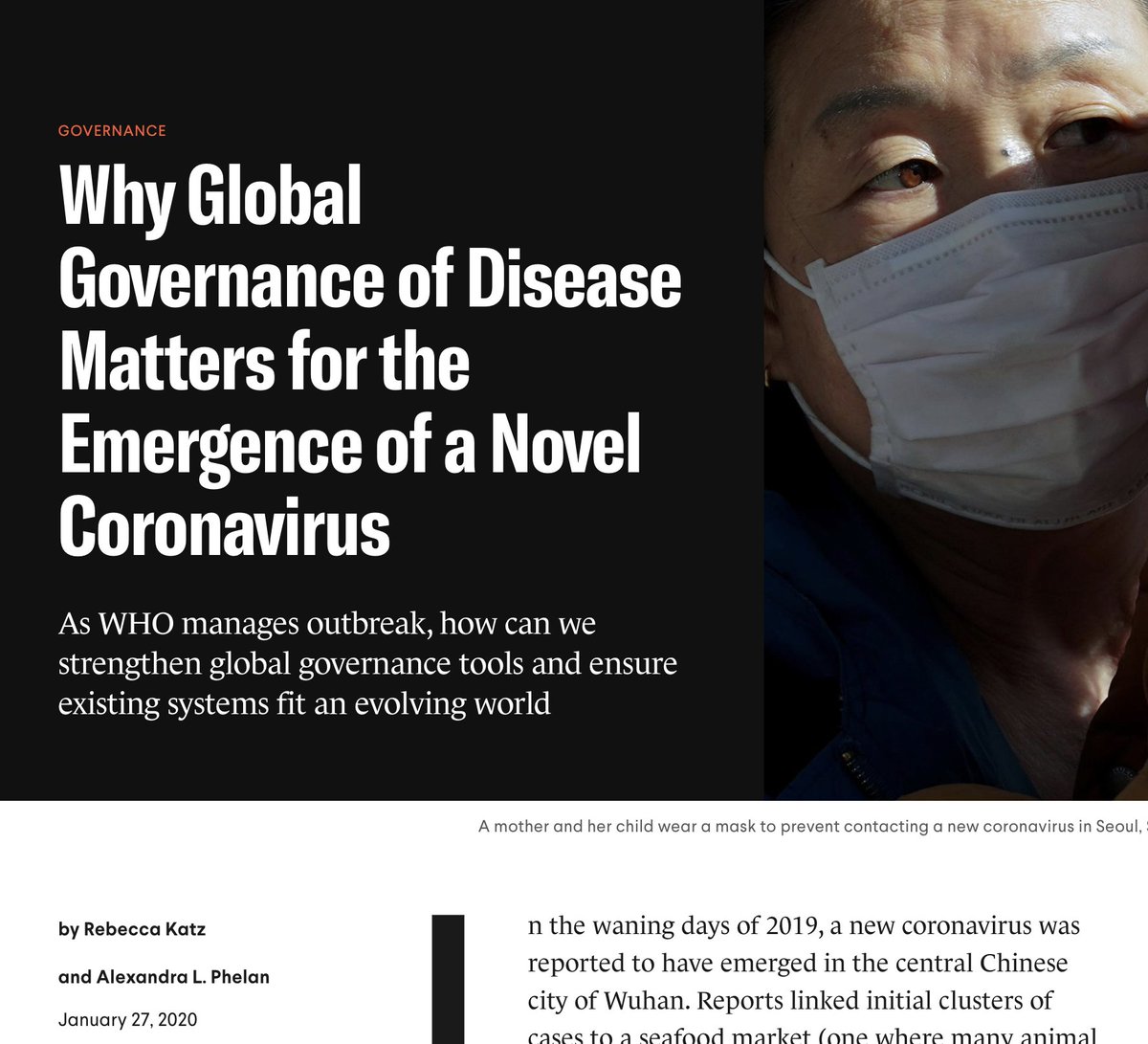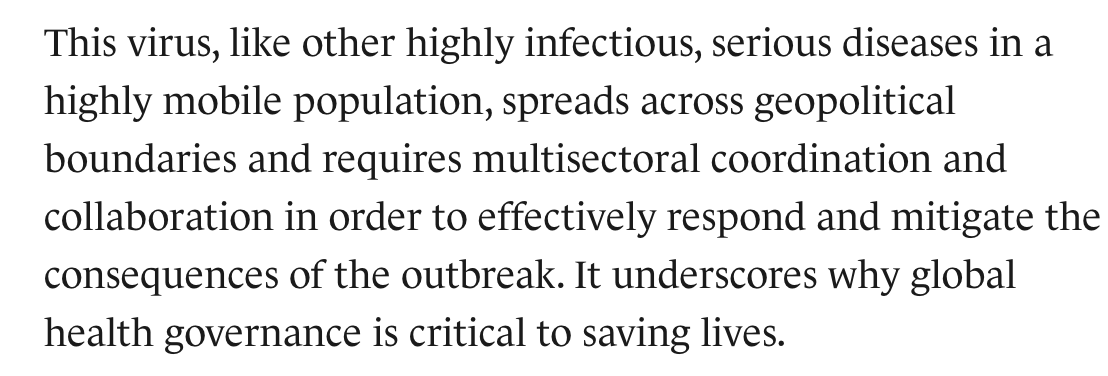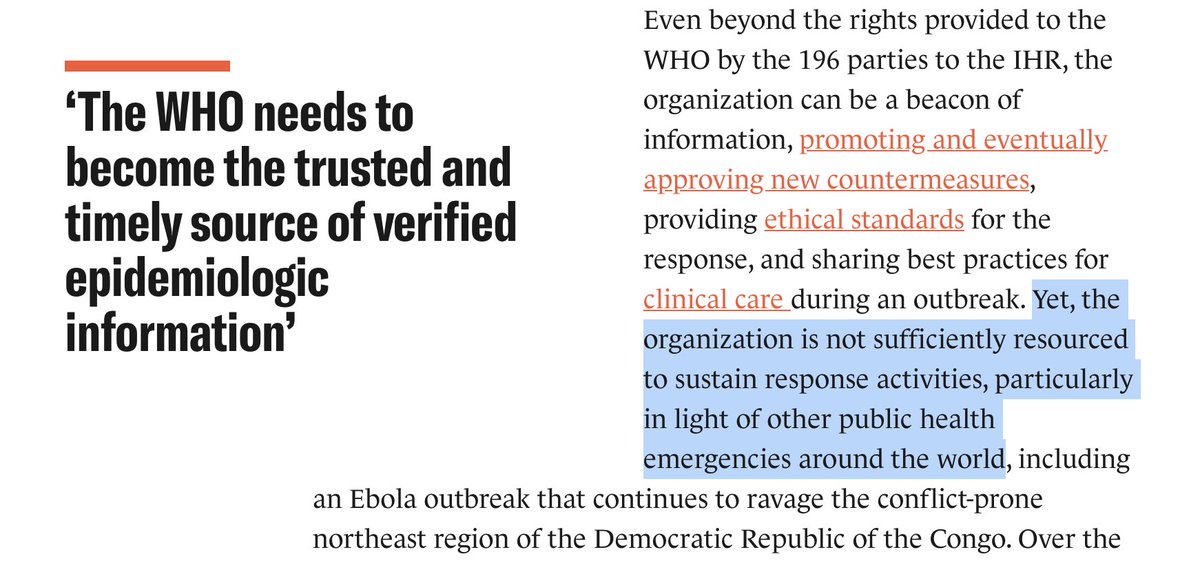
*Public health actions to control new SARS-CoV-2 variants*
Our paper just published in @CellCellPress w wonderful co-authors @NathanGrubaugh @firefoxx66 @JosephFauver & @mugecevik
We describe actions govts should urgently take to protect health.
🧵1/7
cell.com/cell/fulltext/…
Our paper just published in @CellCellPress w wonderful co-authors @NathanGrubaugh @firefoxx66 @JosephFauver & @mugecevik
We describe actions govts should urgently take to protect health.
🧵1/7
cell.com/cell/fulltext/…
New SARS-CoV-2 variants of concern will continue to emerge: exacerbating already crippling outbreaks & potentially reducing efficacy of some vaccines, cause increased rates of reinfections and prolonging the pandemic.
2/7
2/7
As SARS-Cov-2 variants of concern to date have shown: these are global issues. There must be urgent multilateral cooperation between countries to:
– build local sequencing capacities
– rapidly share sequence data globally
*and separately*
3/7
– build local sequencing capacities
– rapidly share sequence data globally
*and separately*
3/7

Govts should take swift (context dependent) action to control local transmission, inc:
– implement/strengthen sick leave entitlements
– incentivize safer work environments
– financially support temporary business closures
– provide housing for people in crowded/shared living
4/7
– implement/strengthen sick leave entitlements
– incentivize safer work environments
– financially support temporary business closures
– provide housing for people in crowded/shared living
4/7
Govts should consider appropriateness of travel restrictions:
– may *slow* but not stop spread of new variants
– can't assume variants not already transmitting locally
– not a replacement for effective local public health measures
*also*
may deter future variant reporting
5/7
– may *slow* but not stop spread of new variants
– can't assume variants not already transmitting locally
– not a replacement for effective local public health measures
*also*
may deter future variant reporting
5/7
Our piece uses the B.1.1.7 variant as an example, but similar principles can be applied to other SARS-CoV-2 variants of concern, including B.1.351 discovered in South Africa and P.1 discovered in Brazil.
6/7
6/7
If governments do not urgently take the necessary public health measures we outline in this piece (subject to local contexts), we risk undermining our primary path out of this pandemic: globally equitably distributed vaccines.
(7/7)
(7/7)
• • •
Missing some Tweet in this thread? You can try to
force a refresh






